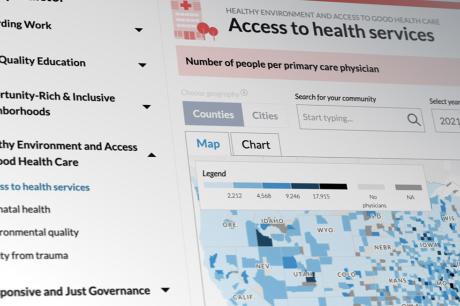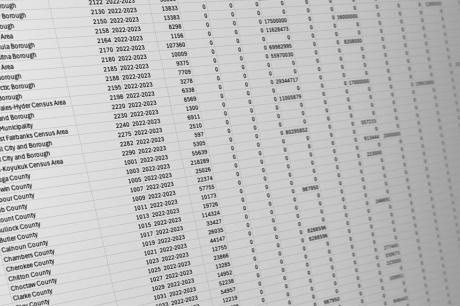Articles and analysis on today's issues

Federal cuts to the Supplemental Nutrition Assistance Program could cause some DC-area families to lose an average of $187 in monthly benefits.
In an Uncertain Federal Data Landscape, Blending Public and Private Data Offers Many Benefits—But Requires Mitigating Risks Ensuring the long-term resilience and trustworthiness of public data is no longer optional; it’s essential.When Federal Data Disappear, So Does the Ability to Make Effective Policy When data disappear, we lose more than numbers—we lose the ability to see where inequities exist, to measure whether interventions are working, and to hold systems accountable.How Third-Party Data Can Strengthen the Strained Federal Data Landscape Third-party data offer a promising opportunity to help fill federal data gaps—but careful vetting and philanthropic investment is needed to address quality, accessibility, and governance concerns.How Cities Can Fill Federal Safety Net Gaps in Child Care and Early Learning Hartford, Connecticut, models how cities can use data and community insights to inform strategies to improve child care and early learning systems.A New VA Home Loan Program Reform Act Is a Step toward Helping Veterans Avoid Foreclosure, but Implementation Issues Remain Federal policymakers can take steps to ensure a strong program rollout, but legislative fixes and clear guidance from the VA are needed to increase the program’s impact and effectiveness.Low-Wage Workers Rarely Get to Control Their Time. Stable and Flexible Scheduling Gives Them the Autonomy They Need to Learn, Care, and Rest. Every Labor Day, millions of workers get up and go to work to perform the essential functions of the American economy. But without stable and flexible scheduling, these workers lack options to take care of responsibilities outside of their jobs.





